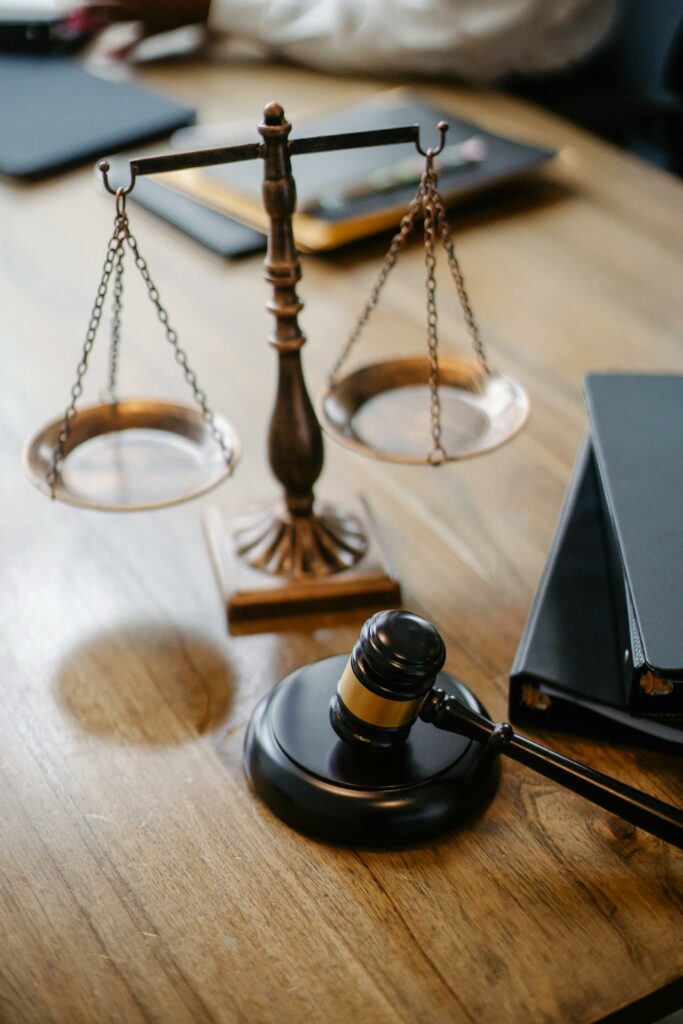Compliance Instead of Prosecution – How A Tech Company Was Saved from Criminal Litigation


By Qiao (Alice) Peng, Limeng Yang
Case Introduction
A Shanghai-based technology company and its de facto manager were suspected of using another company to issue fraudulent Value-Added Tax (VAT) special invoices worth hundreds of millions of CNY without conducting any substantial business operations.
They were investigated by public security authorities for this crime, and the case was transferred to the procuratorate of a district in Shanghai for review and prosecution in early 2023. During the review and prosecution period, the company applied to the procuratorate for reform through compliance.
As a result, the procuratorate initiated a corporate compliance pilot and a third-party supervision and evaluation mechanism. In May 2023, they invited a panel of senior legal professors and lawyers to conduct compliance supervision and inspection of the company.This process has been publicly disclosed.
Compliance Reform Process
The compliance reform system for enterprises is a significant initiative launched by the Supreme People's Procuratorate in 2020 (we have written about it here).
This system aims to implement judicial policies that provide ‘equal protection for the private economy while ‘avoiding arrest, prosecution, and imprisonment in criminal cases related to the business operations of private enterprises, where possible’.The goal is to encourage enterprises suspected of crimes to make compliance commitments and actively implement reforms, thereby improving judicial efficiency and preventing and reducing corporate crimes.
5 steps to compliance
Initially, the company lacked experience and knowledge in building a compliance system and struggled to fully understand the requirements set by the procurators and expert panel. Consequently, their initial compliance plan and system were insufficient for the reform process. Facing setbacks, the company sought the assistance of experienced compliance lawyers. Together, they completed the reform process in these five steps:
- Analyze and establish the company's involvement, causes of the crime, previously issued and submitted compliance documents, and rectification opinions and concerns raised by the procurators and expert panel.
- Formulate a series of new regulations and systems based on the causes of the crime in this case, the actual situation of the company and its group, and the opinions of the procurators and expert panel, while also considering the limitations of the company's business model and personnel size. These regulations and systems include Seal/Chop Management System (see our related article here), Invoice Management System, Compliance Management Measures (see our related article here), and Tax-related Compliance Plan (see our related article here).
- Guide the company in step-by-step implementation of the newly formulated regulations and systems.
- Participate in the on-site inspection by the procurators and expert panel, representing the company to introduce the compliance reform situation and further improve the reform work based on the feedback from the procurators and expert panel.
- Issue a legal opinion on the entire criminal compliance reform work, attend the hearing, and summarize the compliance reform work, answering questions for the procurators and hearing participants.
After nearly six months of assistance and guidance through four rounds of document review and communications with the panel, it was concluded that the company had actively cooperated and completed the compliance reform. As a result, in April 2024, the procuratorate decided not to prosecute the company or its de-facto manager.
Conclusion
This case demonstrates that procurators and expert panels are highly diligent and meticulous in handling the reform process. They meticulously review every compliance document and insist on strict implementation. They do not tolerate mere paper compliance systems, placing pressure on companies to develop robust compliance capabilities.
Companies lacking internal expertise and experience should consider seeking external support to establish effective compliance systems, thereby safeguarding themselves against suspicion and investigation by authorities.
Qiao and her Regulatory, Compliance & Investigations practice team bring extensive experience in conducting internal compliance investigations for private, multinational, and state-owned enterprises.
They assist clients in navigating challenges related to compliance oversight, both administrative and criminal, provide training on criminal compliance for corporate executives, and offer legal counsel on white-collar crime matters.
Specializing in resolving trade secrets disputes and delivering strategic solutions for civil, administrative, and criminal disputes, they are well-equipped to handle complex legal issues. For inquiries about how they can support your compliance needs or resolve disputes, please contact Qiao at [email protected] or reach out to your trusted contact at R&P.
